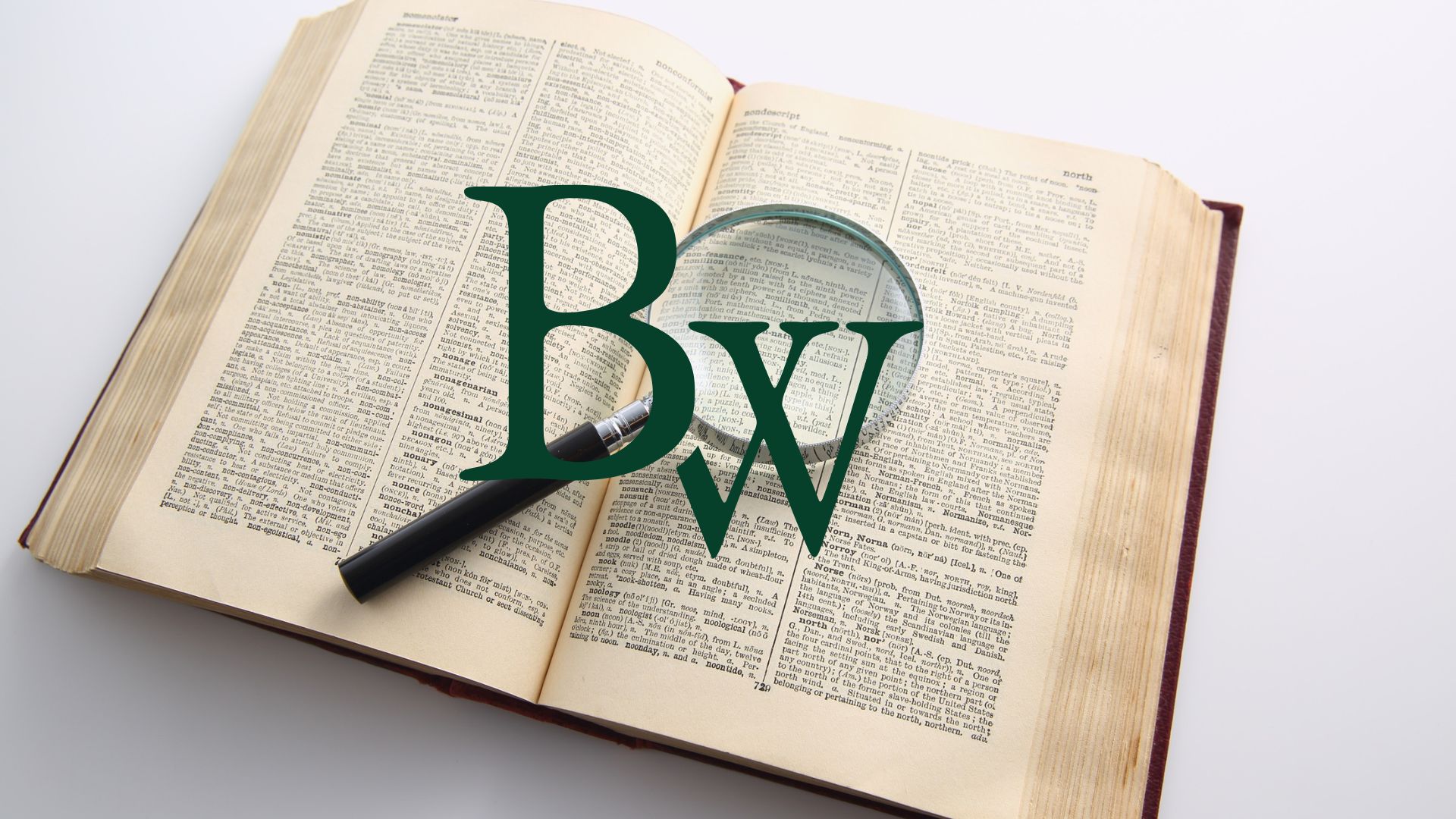Lease Agreement
Definition:
A lease agreement is a legally binding contract between a landlord and a tenant that outlines the terms and conditions for renting property. It specifies details such as rent amount, lease duration, maintenance responsibilities, and the rights and obligations of both parties.

Lease Agreement Information
A lease agreement governs the relationship between the property owner (landlord) and the occupant (tenant), ensuring both understand their duties and protections under the law. The lease may be for residential, commercial, or industrial property and can be fixed-term or month-to-month.
Typical lease provisions include payment terms, security deposits, repair obligations, and termination clauses. A properly drafted lease helps prevent disputes and provides legal remedies if either party breaches the agreement.
Leases must comply with local and state housing laws, including disclosure requirements, habitability standards, and notice procedures for termination or renewal.
Florida Legal Definition
Under **Chapter 83, Florida Statutes**, a lease agreement is defined as a contract by which a landlord conveys property to a tenant for a specified term and rent. Florida law divides lease regulation into two parts: **Part I** (nonresidential tenancies) and **Part II** (residential tenancies).
The statute requires landlords to maintain the premises in compliance with building and health codes, while tenants must pay rent and keep the property in good condition. Leases may be oral or written, but written agreements are strongly preferred to ensure enforceability and clarity of terms.
How It’s Used in Practice
In practice, lease agreements are essential in nearly every real estate transaction involving rental property.
- Landlords use leases to outline rent payment schedules, rules, and maintenance expectations.
- Tenants use the lease as proof of occupancy and to understand their rights and limitations.
- Attorneys and property managers review or draft leases to ensure compliance with **Florida Statutes, Chapter 83**.
- Disputes arising from leases, such as nonpayment or property damage, are typically resolved through mediation, eviction, or small claims court.
Key Takeaways
- A lease agreement is a binding contract between a landlord and a tenant governing property rental terms.
- Florida regulates leases under **Chapter 83, Florida Statutes**, distinguishing residential and commercial tenancies.
- Leases specify rent, term length, maintenance duties, and termination conditions.
- Written leases provide stronger legal protection than oral agreements.
- Clear lease terms help prevent disputes and protect the rights of both parties.
Disclaimer: The information and opinions provided are for general educational, informational or entertainment purposes only and should not be construed as legal advice or a substitute for consultation with a qualified attorney. Any information that you read does not create an attorney–client relationship with Barnes Walker, Goethe, Perron & Shea, PLLC, or any of its attorneys. Because laws, regulations, and court interpretations may change over time, the definitions and explanations provided here may not reflect the most current legal standards. The application of law varies depending on your particular facts and jurisdiction. For advice regarding your specific situation, please contact one of our Florida attorneys for personalized guidance.
Visit our legal department pages:
Real Estate Attorneys
Business Attorneys
Litigation Attorneys
Estate Planning Attorneys
Inheritance Attorney
Probate & Trusts
Trust • Experience • Results
Ready to Get Started?
Get started with Barnes Walker today.








